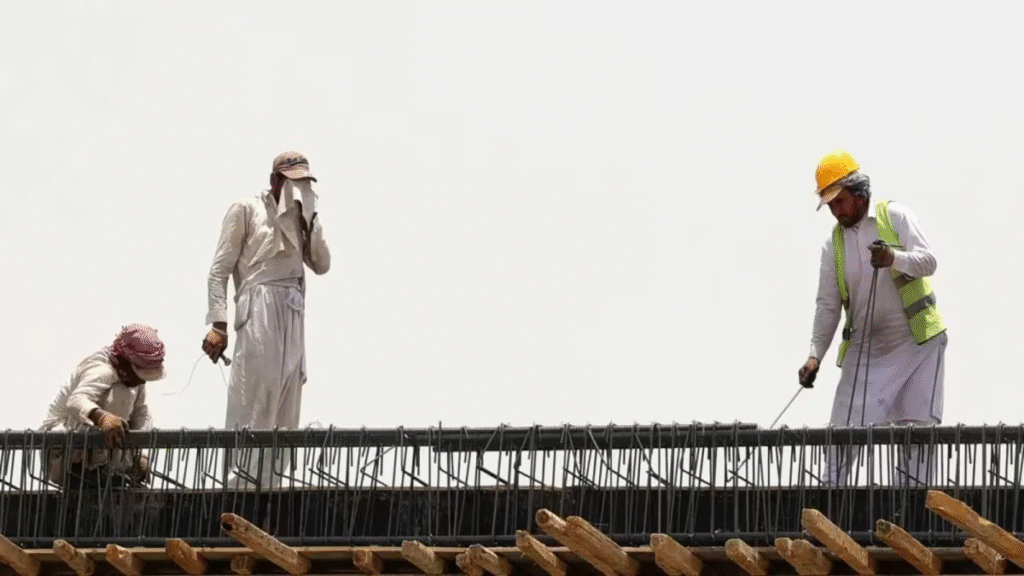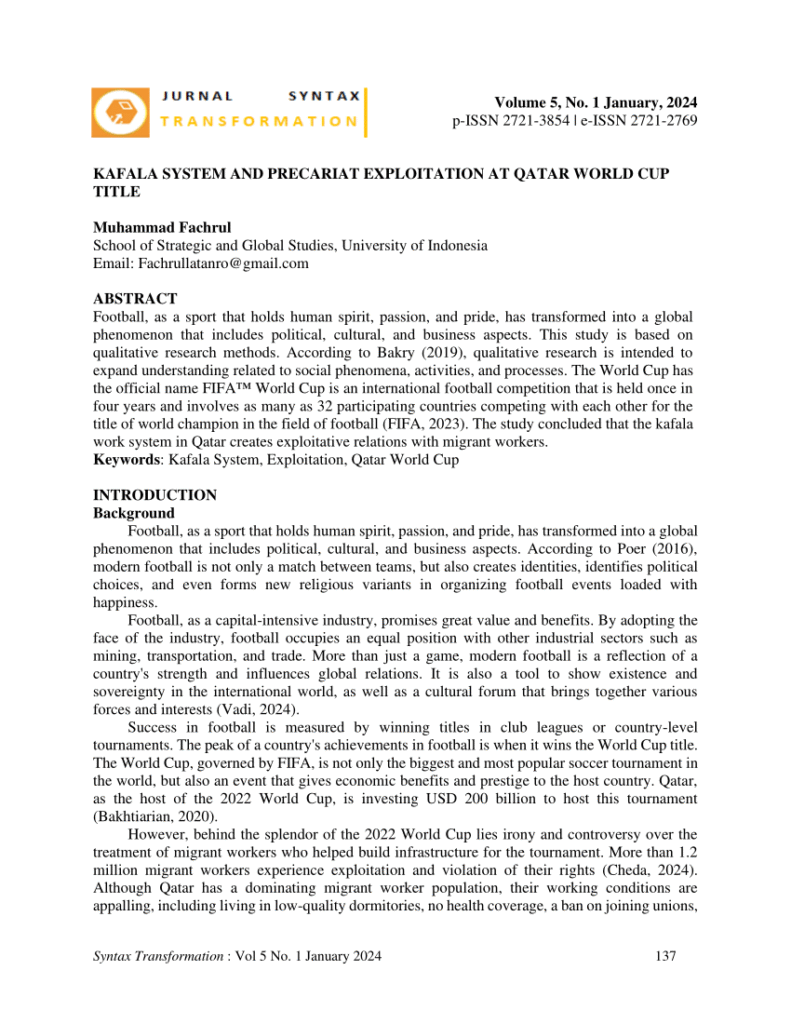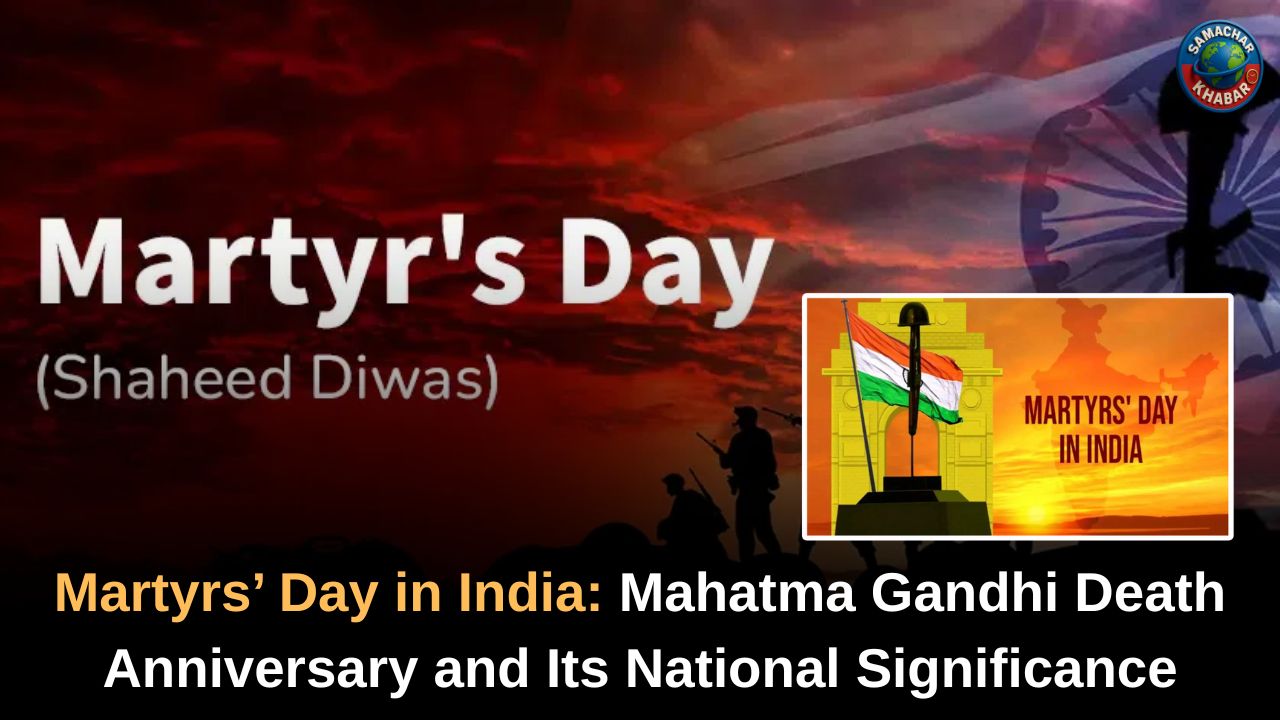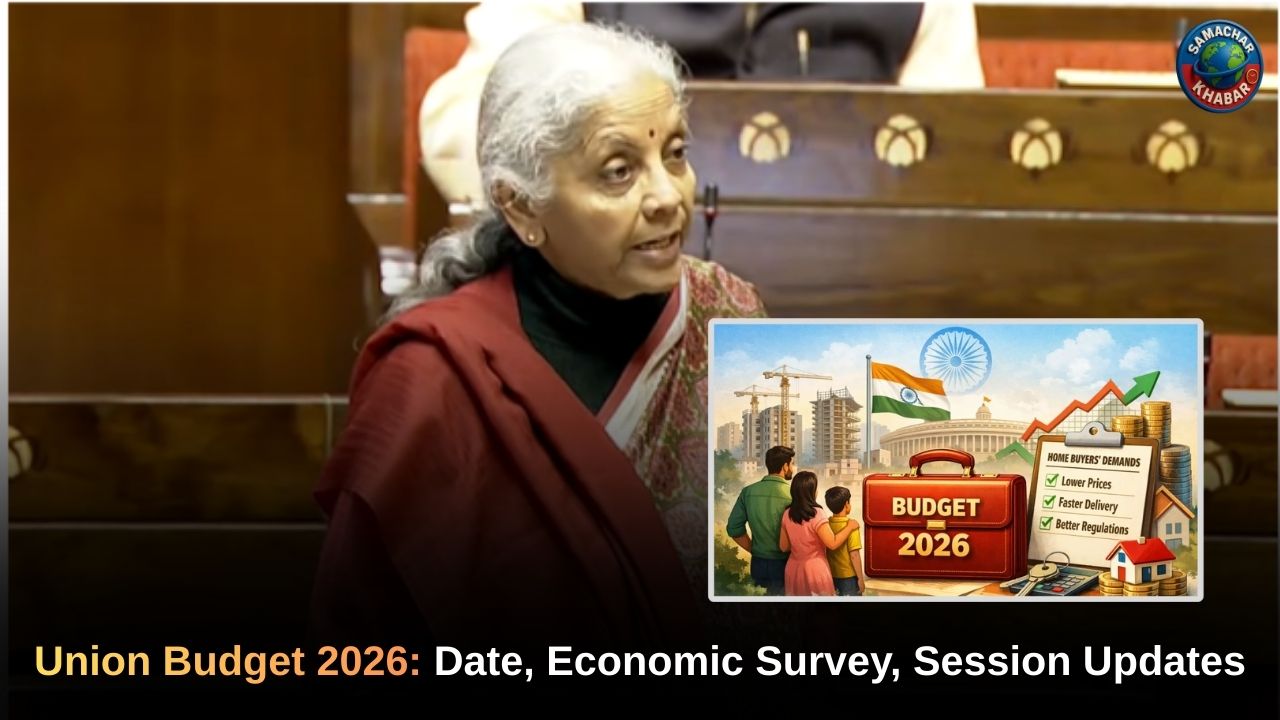In a monumental step towards labour rights and equality, Saudi Arabia has officially abolished the decades-old Kafala (sponsorship) system — a practice long denounced as modern-day slavery. The move, announced in June 2025 under Crown Prince Mohammed bin Salman’s Vision 2030 reforms, will reshape the working conditions and human rights landscape for over 10 million migrant workers, including 2.5 million Indians, who for decades endured restrictions and exploitation under the system.
Key Takeaways: Saudi Arabia’s Kafala System Abolishment and Its Impact
- End of a 50-Year-Old System: Saudi Arabia has scrapped the controversial Kafala labour sponsorship system that granted employers excessive control over foreign workers’ mobility and rights.
- Empowerment Through Freedom: Workers can now change jobs, travel abroad, and exit permanently without their employer’s approval, a major shift from earlier restrictions.
- Part of Vision 2030 Reforms: The change aligns with Saudi Vision 2030 and the National Transformation Program, aimed at modernizing the economy and improving global labour standards.
- Impact on Indians: The reform benefits over 2.5 million Indian migrants, ending years of exploitation and opening new opportunities for fair employment.
- Global and Humanitarian Response: International agencies, including the ILO and Amnesty International, have welcomed the move as a vital step towards ending human trafficking and forced labour.
What Was the Kafala System?
Introduced in the 1950s, the Kafala system was a labour sponsorship mechanism under which migrant workers were legally bound to their employers, known as kafeels. These employers held power over nearly every aspect of the worker’s life from visa renewals to job changes and exit permissions.
Under this system, migrant workers, many of whom came from South Asian countries like India, Nepal, Bangladesh, and the Philippines, could not leave their jobs or the country without their sponsor’s consent. Employers often confiscated passports, withheld salaries, and restricted movement, creating an environment of dependency and fear.

This exploitative structure drew widespread criticism from international organisations and human rights bodies, who called it a system of modern-day slavery.
Kafala System’s Exploitative Legacy
Over the years, the Kafala system became synonymous with worker abuse and human rights violations.
Thousands of cases documented by international bodies revealed that employees were subjected to unpaid labour, physical and sexual abuse, and even trafficking.

In one harrowing case, Jacintha Mendonca, a 46-year-old nurse from Karnataka, was trafficked to Saudi Arabia in 2016 after being promised a lucrative job in Qatar. Her kafeel held her for ransom, demanding ₹4.3 lakh for her release. Such incidents exposed the dark underbelly of the system and the urgent need for reform.
Also Read: War-Like Situation: Pakistan vs Afghanistan Conflict and Tension
Women, in particular, suffered the most. Reports from 2017 highlighted cases of Indian women being sexually enslaved or physically assaulted by their sponsors. Many were rescued only after intervention by the Indian government.
The system’s flaws were further spotlighted during preparations for the 2022 FIFA World Cup in Qatar, when thousands of South Asian workers including many Indians reportedly died under extreme working conditions, fueling global outrage against the Kafala framework across Gulf countries.
End Of Kafala System: Saudi Arabia’s Bold Step Under Vision 2030
Saudi Arabia’s decision to abolish the Kafala system represents one of the most significant labour reforms in the Middle East in recent decades. Officials confirmed that the system will be replaced by a new contractual model that enhances worker mobility, independence, and protection.

Under this new framework, foreign workers can:
- Transfer to new employers upon completion of their contracts or after giving notice.
- Travel abroad without obtaining exit or re-entry permits from their sponsor.
- Permanently leave the country through an online notification system instead of employer consent.
These reforms are part of Vision 2030, an ambitious initiative led by Crown Prince Mohammed bin Salman to modernize Saudi Arabia’s economy, diversify income beyond oil, and strengthen its global image.
How This Reform Impacts Indian Workers
With over 1.34 crore foreign workers in Saudi Arabia accounting for nearly 42% of the population, the end of Kafala is expected to transform lives, especially for Indians, who make up one of the largest expatriate communities in the Kingdom.

For Indian migrant workers, the abolition means:
- Freedom from Exploitation: Reduced employer control over exit visas, travel, and job transfers.
- Improved Working Conditions: Easier movement between companies may lead to competitive salaries and fair treatment.
- Better Legal Protection: Workers can now seek justice without fear of retaliation or deportation.
Experts, however, caution that implementation and transparency will be key. The success of these reforms depends on how effectively digital monitoring systems and legal frameworks protect workers on the ground.
Kafala System Ends : Global Reaction and Regional Context
The move has received widespread praise from international organisations and human rights advocates.
The International Labour Organization (ILO) and Amnesty International hailed Saudi Arabia’s decision as a major step towards ending human trafficking and improving global labour standards.

Notably, Bahrain had already abolished the Kafala system in 2009, while the UAE relaxed its version in 2015, allowing job-seekers to remain for six months after contract expiry.
However, countries like Kuwait, Qatar, and Oman continue to maintain the traditional Kafala framework in various forms, keeping millions of workers under restrictive conditions.
Across Gulf nations, nearly 25 million foreign nationals still live under some form of Kafala control, with Indians comprising around 7.5 million, the largest share among them.
A New Chapter in Workers’ Rights
Saudi Arabia’s decision to abolish the Kafala system is more than a policy change; it is a moral correction to decades of injustice faced by migrant workers. By ending this exploitative practice, the Kingdom signals its intent to uphold dignity, fairness, and international labour standards.
For millions of Indians and other foreign workers who once lived under the shadow of control, this reform brings hope, freedom, and equality, a long-awaited recognition of their contribution to building Saudi Arabia’s economy.
As Vision 2030 unfolds, the world watches how this promise of justice translates into reality for those whose sweat has powered the Kingdom’s progress.
Spiritual Insight: Understanding the Supreme Knowledge of Saint Rampal Ji Maharaj Ji
In the present era, human beings unknowingly perform actions under the compulsion of false power i.e. God Kaal , unaware of the true Supreme God. Even the three so-called deities Brahma, Vishnu, and Mahesh do not know the real Supreme Soul.
Tatvdarshi Saint Rampal Ji Maharaj Ji, reveals the mysteries of creation, and the laws governing life, explaining how we are bound by our actions and emotions.
Through His profound Tatva Gyan, devotees understand that the Supreme God Kabir Sahib descends to guide souls and liberate them from the cycle of birth and death.
Kabir Sahib says :
Kabir Jo Jan Meri Sharan Hai, Taka Hun Mai Daas.
Gel Gel Lagya Firun, Jab Tak Dharti Aakash.
Watch the story of Ibrahim Sultan Adham.
To learn more about the true path to liberation, visit www.jagatgururampalji.org or watch the teachings on the YouTube channel Sant Rampal Ji Maharaj.
FAQs on Saudi Arabia Abolishing Kafala System
1. What is the Kafala System in Saudi Arabia?
The Kafala System was a sponsorship law tying migrant workers to employers, restricting job changes, travel, and legal rights for decades in Saudi Arabia.
2. When did Saudi Arabia abolish the Kafala System?
Saudi Arabia officially ended the Kafala System in June 2025, as part of Vision 2030 labour reforms enhancing workers’ rights and freedoms.
3. How many migrant workers benefit from this reform?
Over 10 million migrant workers, including 2.5 million Indians, now gain freedom to change jobs, travel, and exit the country without employer approval.
4. Why was the Kafala System criticized internationally?
It allowed employers to control visas, confiscate passports, and exploit workers, leading to abuse and human trafficking accusations from the ILO and Amnesty International.
5. How does the new system impact Indian workers in Saudi Arabia?
Indian workers gain more mobility, fair treatment, legal protection, and opportunities for better pay, ending years of dependency on employers under the old Kafala rules.


















